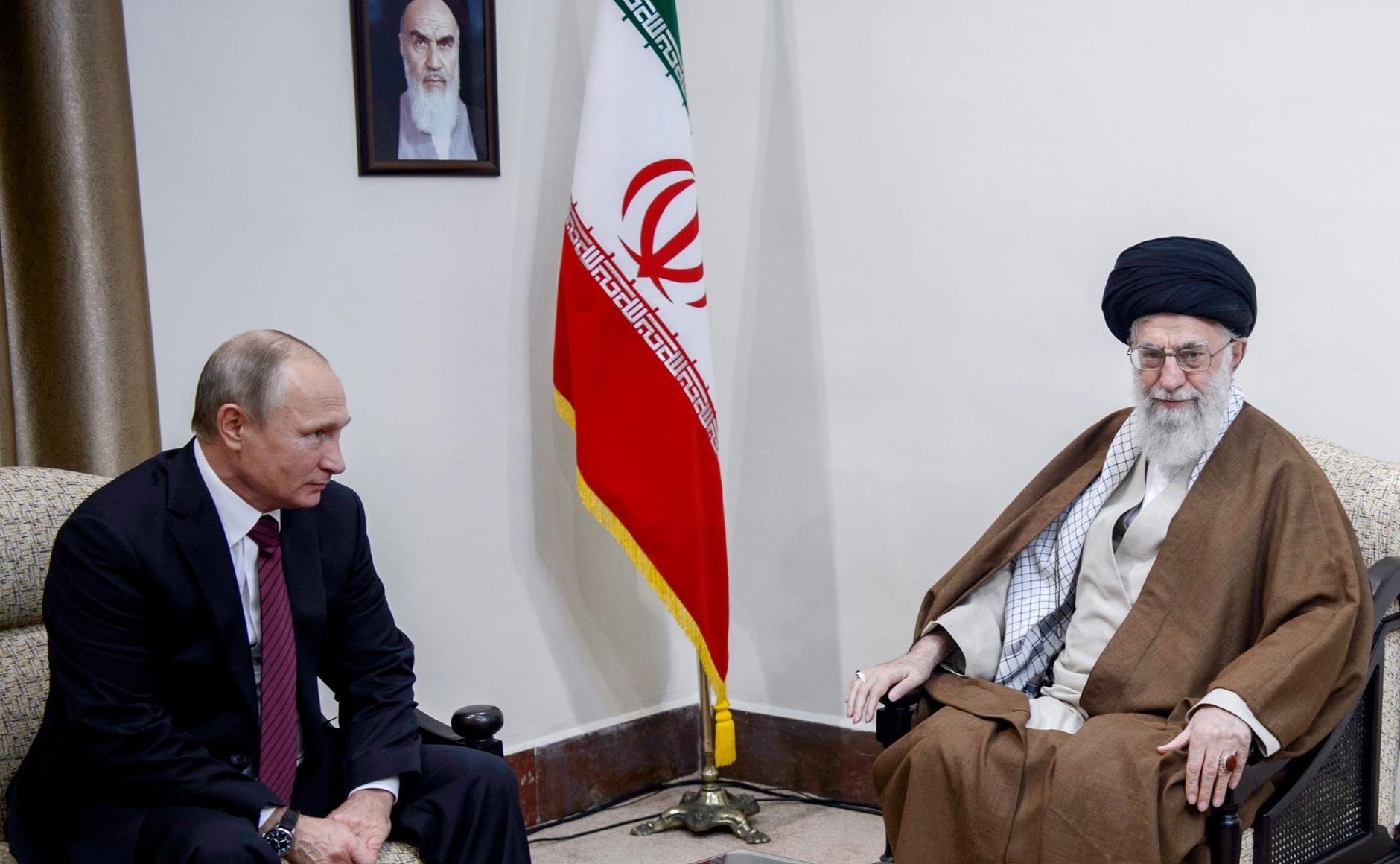
Belarus Now Dividing Russians More Deeply and Permanently Than Ukraine Did in 2014
Belarus Now Dividing Russians More Deeply and Permanently Than Ukraine Did in 2014
When Vladimir Putin invaded Ukraine in 2014, his actions deeply divided Russian nationalists and many other Russians as well; but the Kremlin leader was able to overcome that discord by annexing Crimea and creating what many have referred to as “the Crimean consensus” in Russia. Events in Belarus today are also dividing Russian nationalists and Russians generally, but the Kremlin appears to have far fewer possibilities to take any action capable of again papering over those schisms. As a result, and regardless of Alyaksandr Lukashenka’s fate, what is happening in the streets of Belarus now (see EDM, August 10) may have an even larger impact on the future of the Russian Federation than did the Ukrainian EuroMaidan and the ensuing Russian invasion of that country.
In 2014, Russian nationalists were deeply split by Putin’s moves in Ukraine. Some actively supported him and dispatched irregular forces to Donbas and Crimea. Others just as actively denounced what the Kremlin leader had done, arguing that his imperialism imperiled the possibility of creating the Russian nation-state they seek. And still a third group argued that Putin had failed to go far enough in Ukraine and should have moved to absorb that entire country into the Russian Federation. These differences among Russian nationalists were shared by many ordinary Russians and Russian politicians. But Putin’s annexation of Ukraine’s Crimea, followed by his campaign to suppress Russian nationalists at home lest they present a serious challenge to him on this issue and others, overshadowed and largely silenced these divisions. At a minimum, they were reduced in importance within Russia as the events of 2014 have receded into the past (Alternatio.org, March 23, 2018; MBK News, December 9, 2019; Sova-center.ru, December 28, 2019; The Insider, December 27, 2019).
Lukashenka’s massive falsification of the August 9 election was met with widespread protests across multiple Belarusian cities—an outcome the Kremlin likely welcomes because it leaves the Belarusian leader weakened and more dependent on Moscow, while permitting Putin to present himself as a moderate authoritarian rather than “the last dictator in Europe.” But the anti-government demonstrations in Belarus are, at the same time, again deeply dividing Russian nationalists, with some viewing the Belarusian outcome as beneficial to the rebuilding of the empire and others opposing it for precisely the same reason, reflecting the deep divide between democratic and imperial Russian nationalism in Russia. In many cases, Putin’s continuing insistence, just like in Ukraine, that the Belarusians are part of a common Russian nation, has deepened this divide: some Russian nationalists have accepted that interpretation, but many others oppose it precisely because it hinders their aspirations to form a Russian nation-state (Harbin.lv, August 9, 2020).
This divide among Russian nationalists is replicated among Russian politicians and the Russian people as well, Darya Garmonenko of Nezavisimaya Gazeta writes, leading to a situation in which there are now (figuratively) Russians “on both sides of the barricades in Belarus” (Nezavisimaya Gazeta, August 10). After surveying the positions taken by the leaders of systemic and extra-systemic parties in Russia, she quotes Moscow analyst Konstantin Kalachev to the effect that these political forces have taken “predictable” positions, with the democrats supporting democratic principles and the others extoling stability above everything else. But because Russia also has an aging president whose approval ratings are slipping, both sides are taking their positions more seriously given that what is taking place in Belarus may be a bellwether of what could happen in Russia. As a result, Kalachev suggests, they are far more passionate in their arguments than would otherwise be the case, and their views are likely to last longer.
For now, Russia’s politicians are largely behaving cautiously, given that the Kremlin would likely move against them if they adopted a harsher line on Belarusian developments and their applicability to Russia. In contrast, many Moscow commentators have been quite vocal. They are making explicit the analogy between Belarus and Russia, something far fewer did six years ago in the case of Ukraine. Anton Orekh, for example, argues that “what is happening in Belarus now may be a real scenario for what will occur in Russia four years hence” and implies that Putin could easily find himself in as much trouble then as Lukashenka does now (Ekho Moskvy, August 10).
Moreover, they are making quite clear that Putin today lacks an obvious way forward that will increase his popularity and reduce the possibility that Russians will follow Belarusians into the streets. No obvious “Belarusian Crimea” exists, observers like Orekh say. And consequently, Russian attention to and feelings about Belarus are likely to intensify and remain in place long after Belarusians leave the streets. Such attention may even become the basis for domestic discussions of a post-Putin Russia.
If that should prove to be the case, a recent comment by a Ukrainian politician and observer may prove especially significant largely because it points to something many in Moscow and the West have not yet attended to in Belarus. Alla Yaroshinskaya highlights that the Belarusian people have gone into the streets not because they back a specific alternative candidate but because they are fed up with Lukashenka as such. Thus, the Kremlin’s longstanding strategy of decapitating the opposition so that Russians will conclude they have no choice may have met its match. Should that prove true, Russians in 2024 might vote against Putin not because of the presence of an alternative but because they will have grown tired of his (by then) almost 25 years in power. After all, the Belarusians have just done that to Lukashenka, who has been in office for 26 (Rosbalt, August 10).


